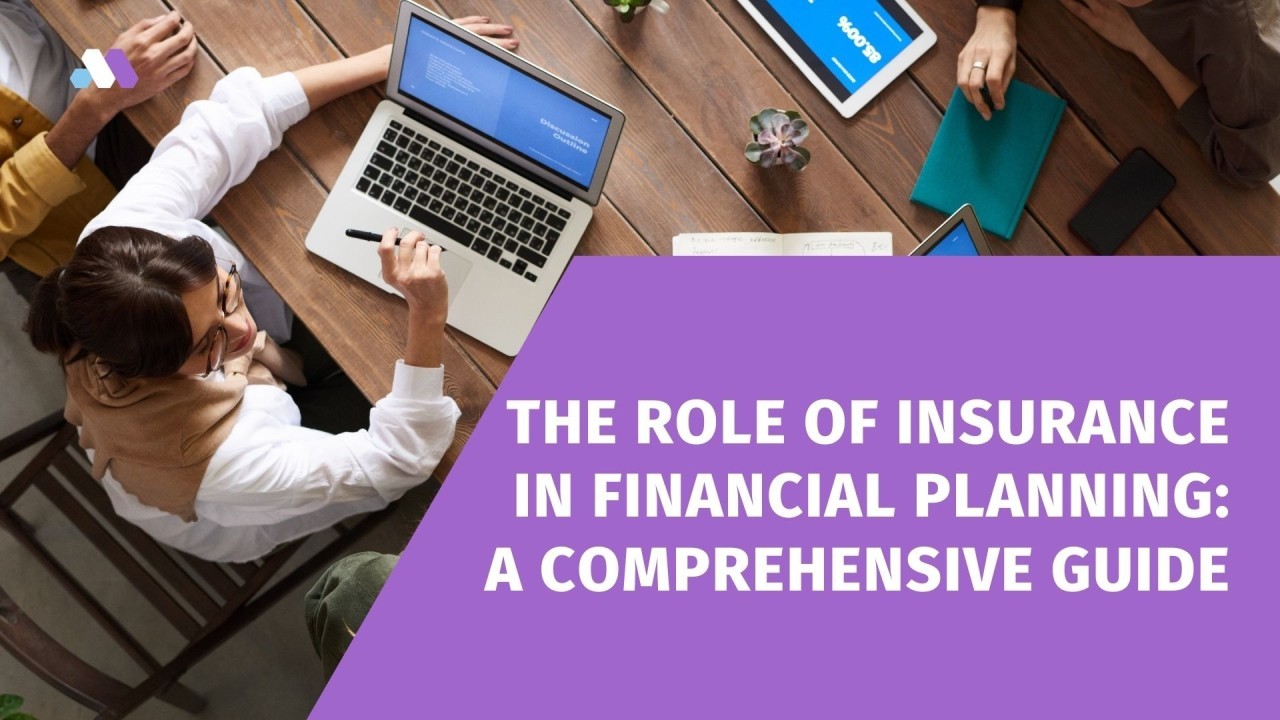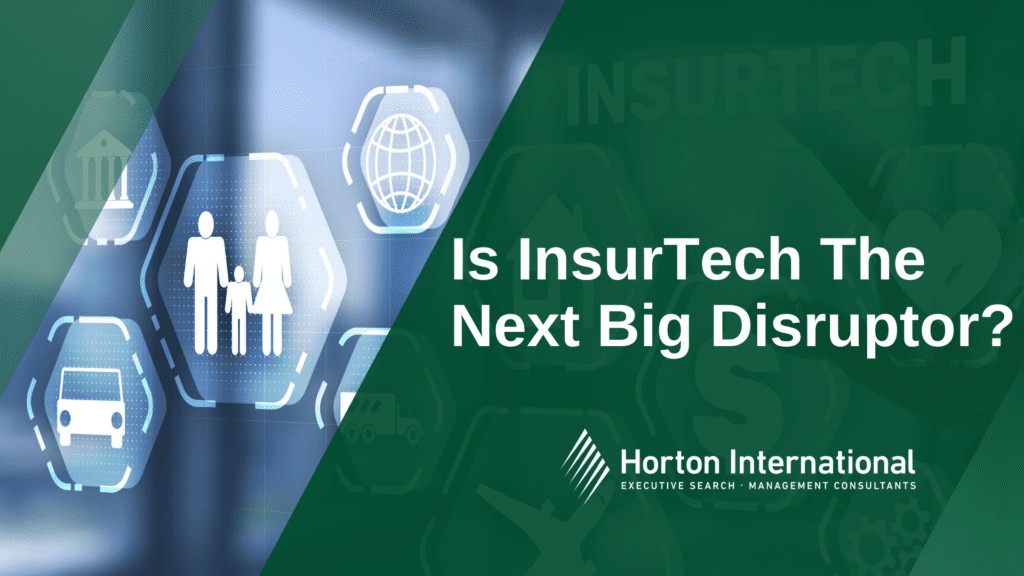Peace of mind is one of the most valuable yet intangible assets a person can have. It’s the quiet assurance that, even in the face of uncertainty, there is a plan, a safety net, and a sense of control. Insurance plays a critical role in cultivating this feeling—not just by offering financial protection, but by creating emotional stability. When thoughtfully designed and clearly communicated, insurance becomes more than a contract; it becomes a companion in life’s unpredictable journey.
At its core, insurance is about managing risk. It acknowledges that while we cannot prevent every accident, illness, or disruption, we can prepare for them. This preparation is what transforms fear into confidence. Knowing that a hospital stay won’t lead to financial ruin or that a car accident won’t derail your livelihood allows people to live with greater freedom. They can focus on their goals, their families, and their passions without the constant weight of “what if” hanging over them. Insurance doesn’t eliminate risk, but it reframes it—turning chaos into something manageable.
The peace of mind that insurance provides is deeply tied to trust. People need to believe that their insurer will be there when it matters most. This trust is built through transparency, responsiveness, and empathy. When policies are written in clear language, when claims are processed with care, and when communication feels human, customers feel supported. They’re not just buying coverage—they’re entering into a relationship. And like any relationship, peace of mind comes from knowing that the other party will show up, especially in moments of vulnerability.
Technology has enhanced the ability of insurers to deliver peace of mind in more personalized and immediate ways. Mobile apps that allow users to track claims, chat with support, or access policy details offer a sense of control. Real-time updates and digital documentation reduce uncertainty and eliminate the need for guesswork. But technology alone isn’t enough. It must be paired with emotional intelligence. A chatbot that responds quickly but lacks empathy can feel cold. A digital platform that’s intuitive and reassuring, on the other hand, can make users feel genuinely cared for.
Peace of mind also comes from education. Many people feel anxious about insurance simply because they don’t understand it. They’re unsure of what’s covered, how to file a claim, or what their options are. When insurers invest in education—through workshops, content, or one-on-one consultations—they empower customers to make informed decisions. This empowerment reduces stress and builds confidence. It shifts the dynamic from passive reliance to active engagement. Customers who understand their coverage are more likely to feel secure and less likely to be surprised when they need to use it.
The emotional impact of insurance is especially evident during times of crisis. Whether it’s a natural disaster, a health emergency, or a sudden loss, these moments are marked by fear, confusion, and grief. Insurance, when delivered with compassion and efficiency, can be a stabilizing force. It can provide not just financial relief, but emotional grounding. A timely payout, a kind voice on the phone, or a clear explanation of next steps can make all the difference. In these moments, insurance becomes more than a product—it becomes a source of comfort.
Businesses also benefit from the peace of mind that insurance provides. Entrepreneurs face a unique set of risks, from property damage to liability claims to employee health issues. Having comprehensive coverage allows them to focus on growth rather than constantly worrying about potential setbacks. It gives them the confidence to take calculated risks, to innovate, and to expand. For employees, knowing that their workplace offers health, life, or disability insurance creates a sense of security. It signals that the company cares about their well-being, which in turn fosters loyalty and engagement.
Culturally, the role of insurance in building peace of mind varies, but the underlying principle remains the same. In societies where insurance is widely understood and accessible, it becomes a pillar of stability. In places where it’s less common or less trusted, there’s often more anxiety around financial shocks. Bridging this gap requires not just better products, but better conversations. It means listening to people’s fears, addressing misconceptions, and designing solutions that reflect real needs. When insurance is culturally attuned and emotionally intelligent, it becomes a tool for empowerment.
Ultimately, peace of mind is not a static state—it’s a dynamic experience shaped by context, emotion, and support. Insurance contributes to this experience by offering a sense of preparedness, a buffer against the unknown, and a promise of help when it’s needed most. It’s not just about payouts—it’s about presence. When insurers show up with clarity, compassion, and consistency, they do more than fulfill a contract. They build trust, reduce anxiety, and help people live with greater confidence. And in a world that often feels uncertain, that kind of peace is not just valuable—it’s essential.




